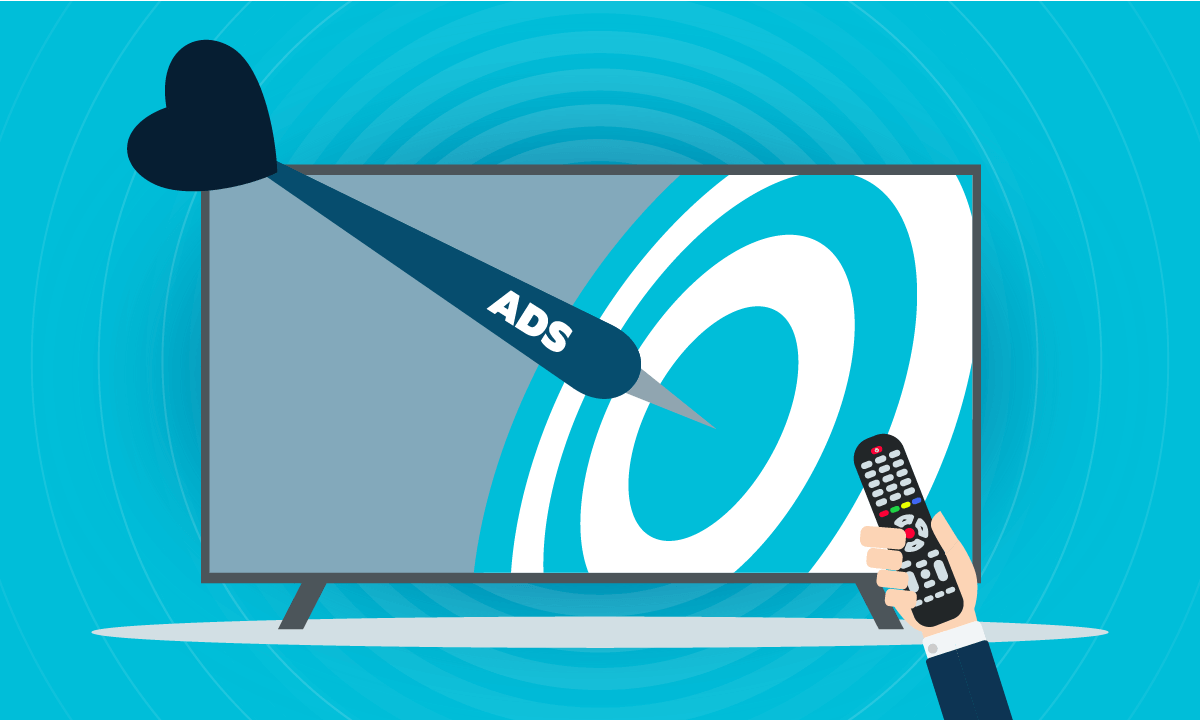Senate Asks FTC To Investigate Smart TV Privacy Concerns
Tech privacy has been on the US Senate's mind lately. Last week, Congress sent Google and Apple a list of extensive questions regarding privacy on their devices. And the latest is a report that two US Senators have asked the Federal Trade Commission (FTC) to investigate privacy concerns related to internet-connected televisions, also known as smart TVs.
"Many Internet-connected smart TVs are equipped with sophisticated technologies that can track the content users are watching and then use that information to tailor and deliver targeted advertisements to consumers," Senators Ed Markey (D-MA) and Richard Blumenthal (D-CT) wrote. "By identifying the broadcast and cable shows, video games, over-the-top content like Netflix, and other applications that users are viewing, smart TVs can compile detailed profiles about users' preferences and characteristics. Recent reports even suggests that smart TVs can identify users' political affiliations based on whether they watch conservative or liberal media outlets."
The Senators are apparently concerned that other smart TVs may follow in the footsteps of Vizio, which the FTC fined $2.2 million for collecting user data without informing users or gaining their consent. They also pointed to a recent New York Times report about the smart TV company Samba TV, which found evidence of tracking without consent, as well.
"Recent reports suggest that Samba TV, one of the largest companies tracking smart TV users' viewing behavior, offers consumers the opportunity to enable their tracking service, but does not provide sufficient information about its privacy practices to ensure users can make truly informed decisions," the letter says. "For example, when prompting consumers to opt into their 'Interactive TV' service, Samba TV denotes that the service allows users to obtain 'exclusive content and special offers,' but does not clearly convey how much sensitive information about a user will be collected or whether the data will be used for targeted advertisements across different devices."
The letter also points out that Congress has long tried to regulate data collection. Back in 1984, Congress even required that cable operators disclose their data collection and receive consent prior to collecting data. That requirement was extended to satellite carriers about two decades later. However, despite massive advances in technology, the law hasn't been extended to cover "data companies using internet connectivity." That means that non of the tech companies - from smart TVs to cellphone makers and providers - are covered by that law.
This letter is an interesting move, when one considers the fact that it took the Senate considerably longer take note of potential privacy violations with smartphones, which track considerably more information about users than a smart TV ever could. However, as the Internet of Things continues to expand and an increasing number of household devices become connected to the internet, privacy concerns will become even more pressing than they are currently. Does this letter signify that the government is going to be less tolerant of tech incursions on user privacy? Only time will tell.
Share this postInstall Tenta Browser Free!
Start protecting your online privacy today with Tenta Browser.



